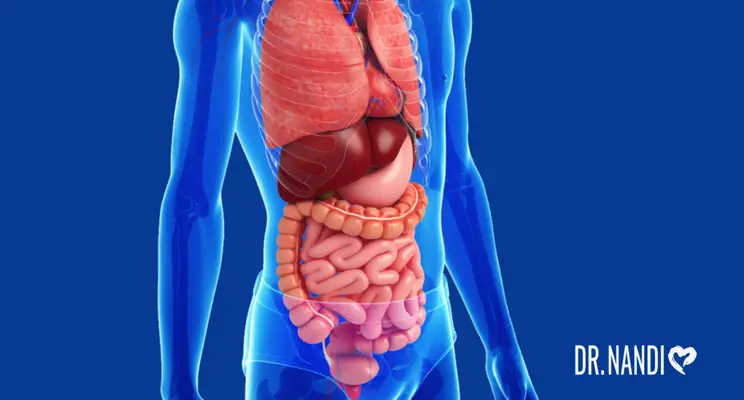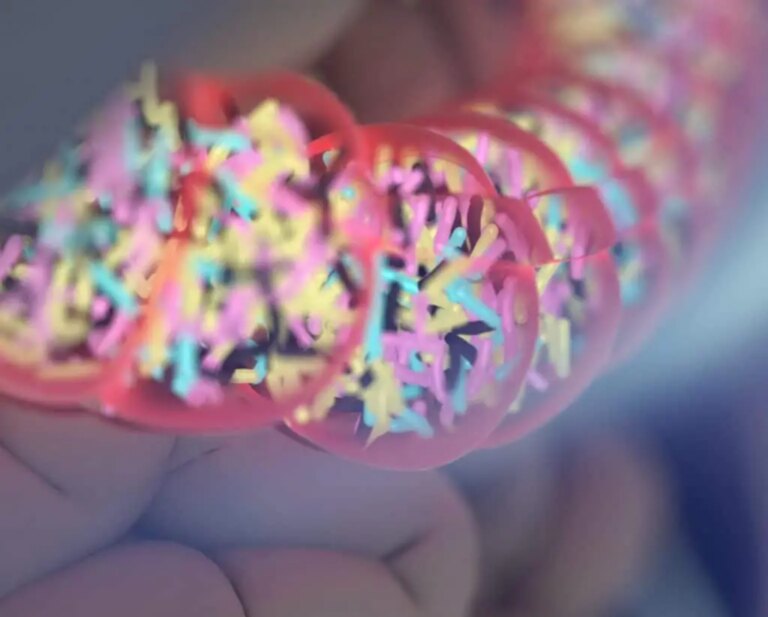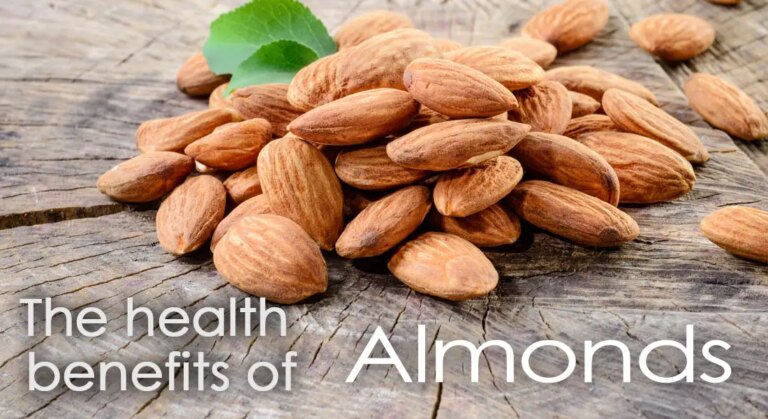We’ve probably all heard the medical acronym GERD, but how many know it? GERD stands for Gastroesophageal Reflux Disease. It frequently occurs when acid and other stomach contents regurgitate into the esophagus. It irritates the esophageal lining.
The difference between GERD and heartburn mainly lies in the frequency in which it occurs. GERD is chronic and can happen to some people daily; some even suffer from GERD every time they eat. Heartburn is infrequent and sporadic that only occurs sometimes or in reaction to certain foods.
Symptoms of GERD
Many of the symptoms consistent with GERD are symptoms similar to those of heartburn. The difference, again, is that GERD symptoms can be triggered daily while symptoms of heartburn happen far and few. Specific symptoms of GERD include:
- Acid Indigestion
- Heartburn
- Bad breath
- Tooth erosion
- Abdominal pain
- Chest pain
- Difficulty breathing or wheezing
- Belching
- Bloating
- Regurgitation
- Excessive Saliva
- Hoarseness
- Sour taste in the mouth
Symptoms of GERD can be long-lasting or constant with every meal. If you are showing signs of GERD, talk to your doctor to develop a plan to help relieve your symptoms.
Treatments for GERD
GERD is a very treatable disease. Those that seek out and are successful in treatment can significantly improve their quality of life. You can treat many symptoms simply by monitoring your diet and performing a few medical procedures available in most doctors’ offices.
- The Stretta Procedure is a simple outpatient procedure that delivers radio-frequency energy to the muscle between the stomach and the esophagus. It causes the tissues to improve the muscle itself to remodel and fix any underlying problems causing GERD.
- A Nissen Fundoplication is a laparoscopic surgery that treats GERD by taking the upper part of the stomach and wrapping it around the lower end of the esophagus 360 degrees. It is helpful because it reinforces the closing function of the esophageal sphincter, which stops the acid and other stomach contents from coming up and causing discomfort.
- Radiofrequency Ablation is done by attaching a catheter to a balloon-like structure and guiding that through the patient’s mouth into the esophagus. The balloon is coated with a metal surface that, when inflated, will touch the lining of the esophagus. The doctor then administers a few small pulses of energy, which burn selected sections of bad cells, causing them to die in a controlled manner. This treatment will need to occur up to four times to remove all the bad cells. Once the esophagus is healthy, it will naturally prevent future episodes of GERD.
Conclusion
Many people can prevent GERD by doing small, simple tasks such as maintaining a healthy weight, avoiding nighttime snacks, and eating smaller meals. All of these things help to prevent stomach irritation. In turn, this prevents acid or other stomach contents from re-surfacing. Always eat a healthy diet, including lots of leafy greens, vegetables, lean proteins, fruits, and omega-3s. These daily nutrients will help your body function the proper way.
GERD is not a disease that has to affect you for the rest of your life. Get in touch with your doctor if you notice that you are experiencing many of its symptoms.























